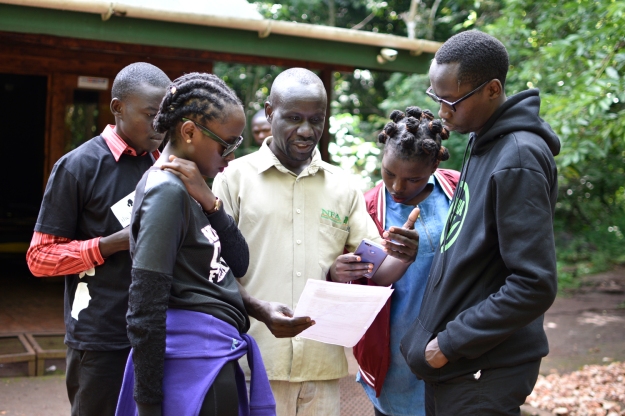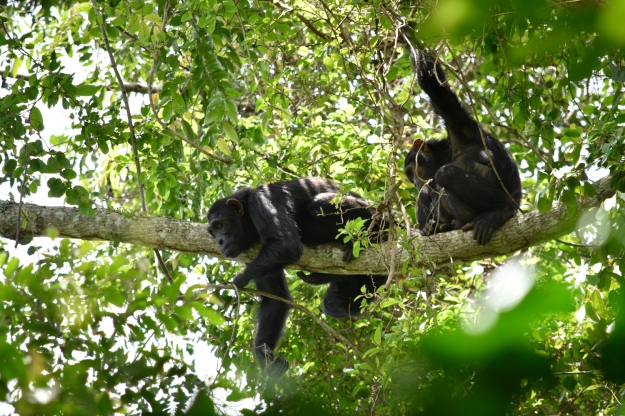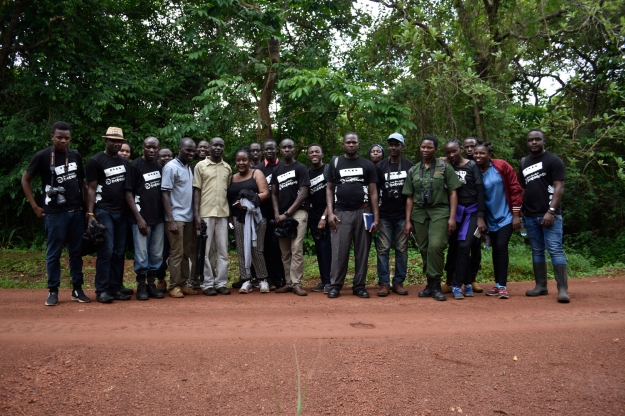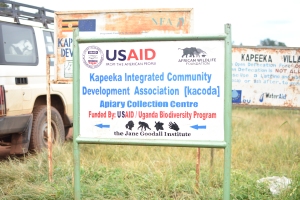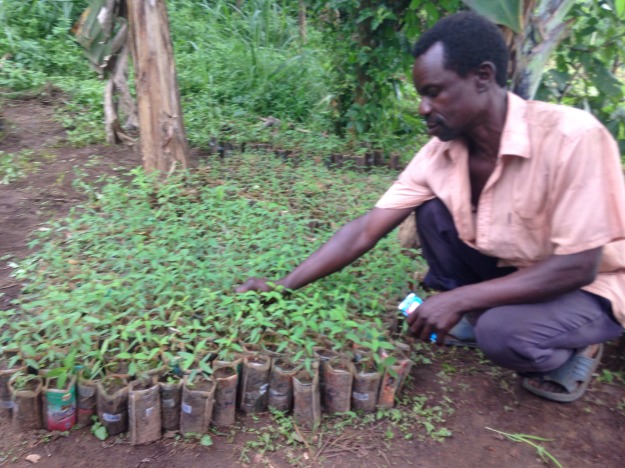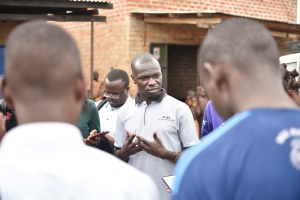Today is the World No Tobacco Day.

Time Up!
Celebrations should be taking place somewhere where a government official will speak accompanied by a number of other officials. Since I will not be there and I am sure yourself won’t, let’s have a go at it here.
A few days ago, a troubled musician allegedly caught in the act of theft was accused of using drugs that had since taken a toll on his life. One thing that stood out, for me, was a comment on social media where he was accused of being heavy on substance abuse to the point that his face had been disfigured. How true that is, I cannot tell. Two days later, a picture of another, once acclaimed Uganda musician, also made rounds, this time with a hashtag to help him. His case was not any different. Only that, it was worse than the former. It was hurting.
Growing up, tobacco consumption was not every man’s achievement, those who could be able to consume it presented it as a selective act of pomp for the bold and distinguished. Dr. William Nyakojo tells a story of how, in their school, tobacco use was such an enviable act that it qualified one to belong to a certain group within school.
One time during the long third term holidays, I was at my uncle’s. My cousin, Joze, then in his early twenties had started tobacco consumption mainly smoking cigarettes. One particular evening, we sat chatting in the compound, it was quite a big number of young men. The elder ones told the stories as we listened with abandoned thought of anything happening. Out of nowhere, our uncle’s voice called out. It was coming towards our side. Joze was smoking along with two other elder brothers. For them, they were known to be smokers. He had not yet had the confidence to be seen by his father smoking. He immediately hid the half-smoked-burning-cigarette stick in his back pocket. Unknown to him, it had not burnt out when he fixed it. Unfortunately for him, his father was not in a rush to leave. He stuck around. A few moments later, Joze was not stable as he kept twisting and turning. The cigarette was burning him. Uncle, standing behind him, saw the burning cigarette stick peep. That’s when he reached out for him. The night was not any good for Joze.
Tobacco consumption is not new in our land. It is one of those habits that have tagged along with the masses for some time. Joze took to smoking after his brothers who had taken after their father.
Today, tobacco consumption has gone beyond just the known traditional means of using the pipe or smoking the paper rolled stick to a number of alternatives. The e-cigarette being one of the recent innovations. Tobacco is scented and no longer a big threat to breath save for those who still smoke the traditional stick. Instead, the biggest harm goes on the inside of the body. There is a rise of heart related diseases of which tobacco is a big contributor.
We have a mandate to protect ourselves from tobacco consumption either as active or passive consumers. Often, we do not pay much attention to active smokers as they smoke in our presence but we equally get affected. With the 2015 Tobacco Act, smoking in public spaces is completely outlawed. No one is supposed to be smoking in public at all. It is that much that we take tobacco casually.
Tobacco cases at the Heart Institute (HI) have increasingly grown with 20% of the patient population being smokers. Much as there are mechanisms to help with the treatment of the related diseases, there are fewer specialists. Worse of it all, tobacco contains nicotine and carbon monoxide. Nicotine causes addiction to the user while carbon monoxide sucks out oxygen from the body resulting into blood clotting. With the clotting, the patient’s chances for survival are reduced. Tobacco has been known to kill half of its users.
We need to speak to smokers into giving up on the habit rather than condemnation. There are rehabilitation centres that can be of great help. Today we can choose to start to stop tobacco consumption in whatever form it is. It is believed that if one has not smoked by the age of 21, chances are they may not be active smokers for the rest of their life. We should open up and tell the young ones about the dangers of this “pompous” habit. It begins with us.

Enough of the broken hearts
In a situation where the HI can only handle three cases a week, in a country where heart related issues are rated at number four after malaria, infectious diseases and diabetes in claiming lives, we have more to do in addressing the challenge. Tobacco breaks hearts. Let us save those still alive.









